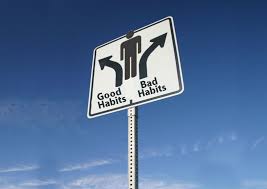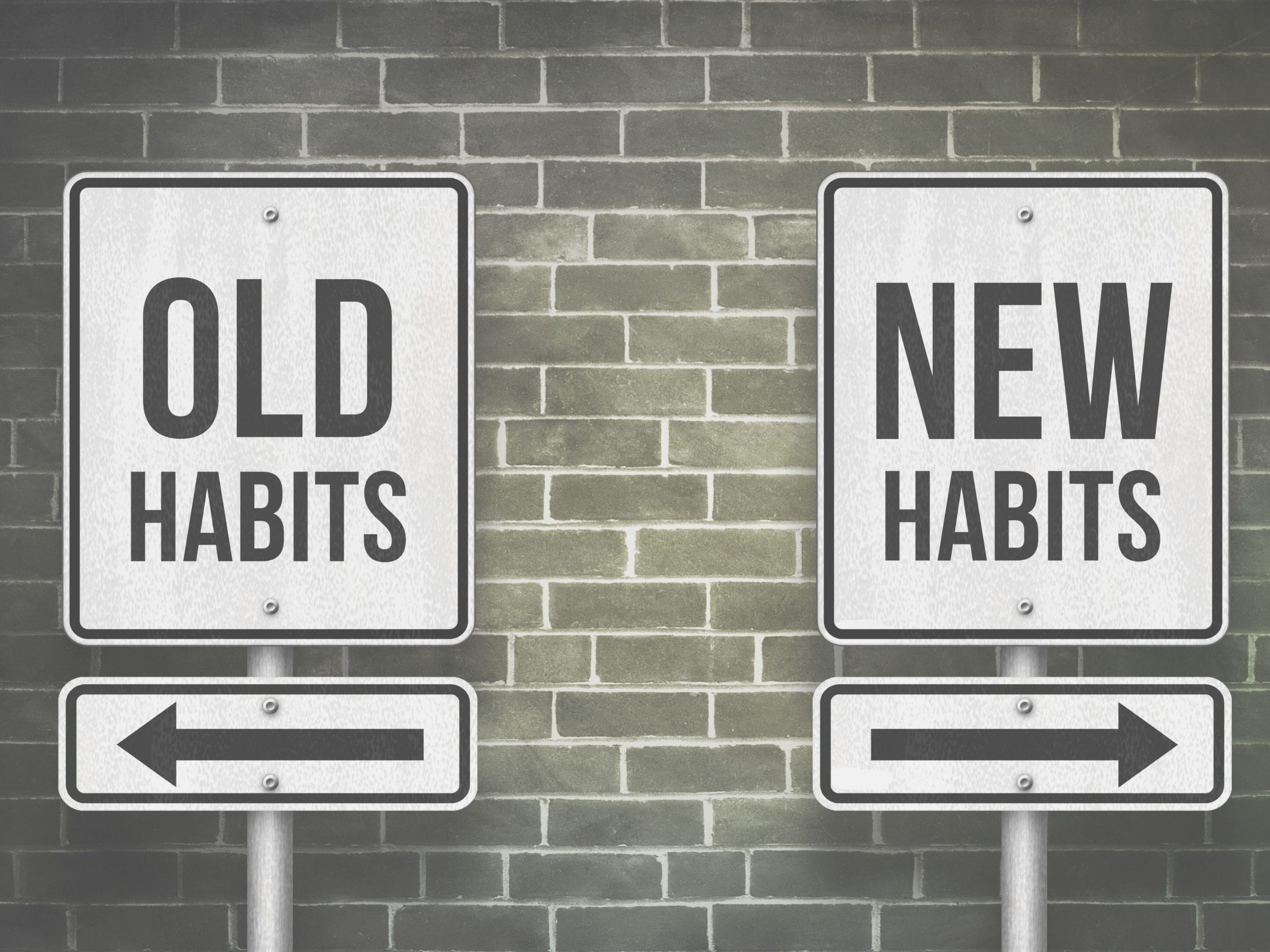Why they are so important
“All our life is but a mass of habits”, so said William James, one of America’s first Psychologists. And whilst Psychology has come a long way since William’s day, it’s true that we spend a huge part of our daily life acting out of habit.
At the same time, we also live in the information age. If we don’t already know what’s good and bad for us, it only takes a few minutes searching around google to find out.
But why don’t we act on what we know?
Because when we are too busy, stressed or overwhelmed it can be difficult to self-regulate our day to day behaviour. That’s why it is important to do the right things naturally, to create and to fall back on, good habits.

Habits and Health
How they are formed
When habits are formed they actually have a physiological impact on the brain. When we repeat a type of behaviour a number of times it creates real, physical, neurological pathways in your mind. It’s a bit like walking the same way across an overgrown field. Eventually, you make a clearing for yourself and it’s just easier to keep taking that same path.
Unfortunately, many of the paths that we follow now were trodden a long time ago. Initially, there may have been benefits to a particular behaviour. We smoked because it was cool, we drank because it helped us relax, and ate the extra portion of dessert to keep our mother happy.
And as with the origins of most behaviours, in the early stages, the pay-offs were instant and the immediate risks minimal. So many of our habits came about in our formative years when we had little regard for long-term consequences.
After a few years, the bad ones either go unnoticed or else they are justified and rationalised. Deep down the bad habits create a sense of guilt, but we are unwilling to admit that to others or ourselves. And that’s because we realise that the bad habits often have a strong hold over us.
But you can change …
Creating healthy habits
Habits are mostly acted out unconsciously. To create new and healthy habits, you have to dedicate a period of time during which you will consciously monitor your behaviour. The ability to make clear decisions is the first critical component of the conscious mind when looking to direct the unconscious. Your decisions provide the impetus to set off new automatic behaviour.
Habits tend to follow very clear patterns, they often follow a particular sequence. The next key to preventing a negative sequence is to monitor your behaviour and detect what events or emotions trigger your unhealthy behaviours.
Another strong influence on habits is the environment. The final key to adopting healthy habits is to change your environment. And more specifically, change the environment that surrounds you when your trigger moments happen. It is vital that you plan in advance. For example, if snacking is your downfall, the healthy alternatives have to be at hand when the trigger moments occur.
And finally. Be kind to yourself. Beating yourself up when you deviate from your new path is counter-productive. Stay confident, and stick with your new decisions.
We hope this information is useful for you. If you have any questions about our treatments, please contact us. You can find us in Mill Hill Broadway and Islington. If you like this blog, please share!
We are always happy to help.



